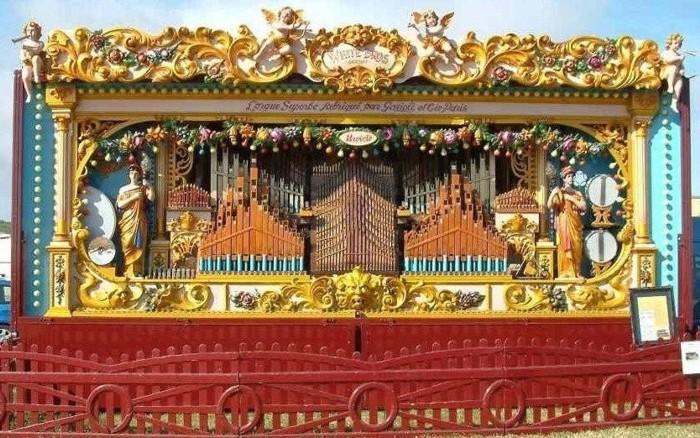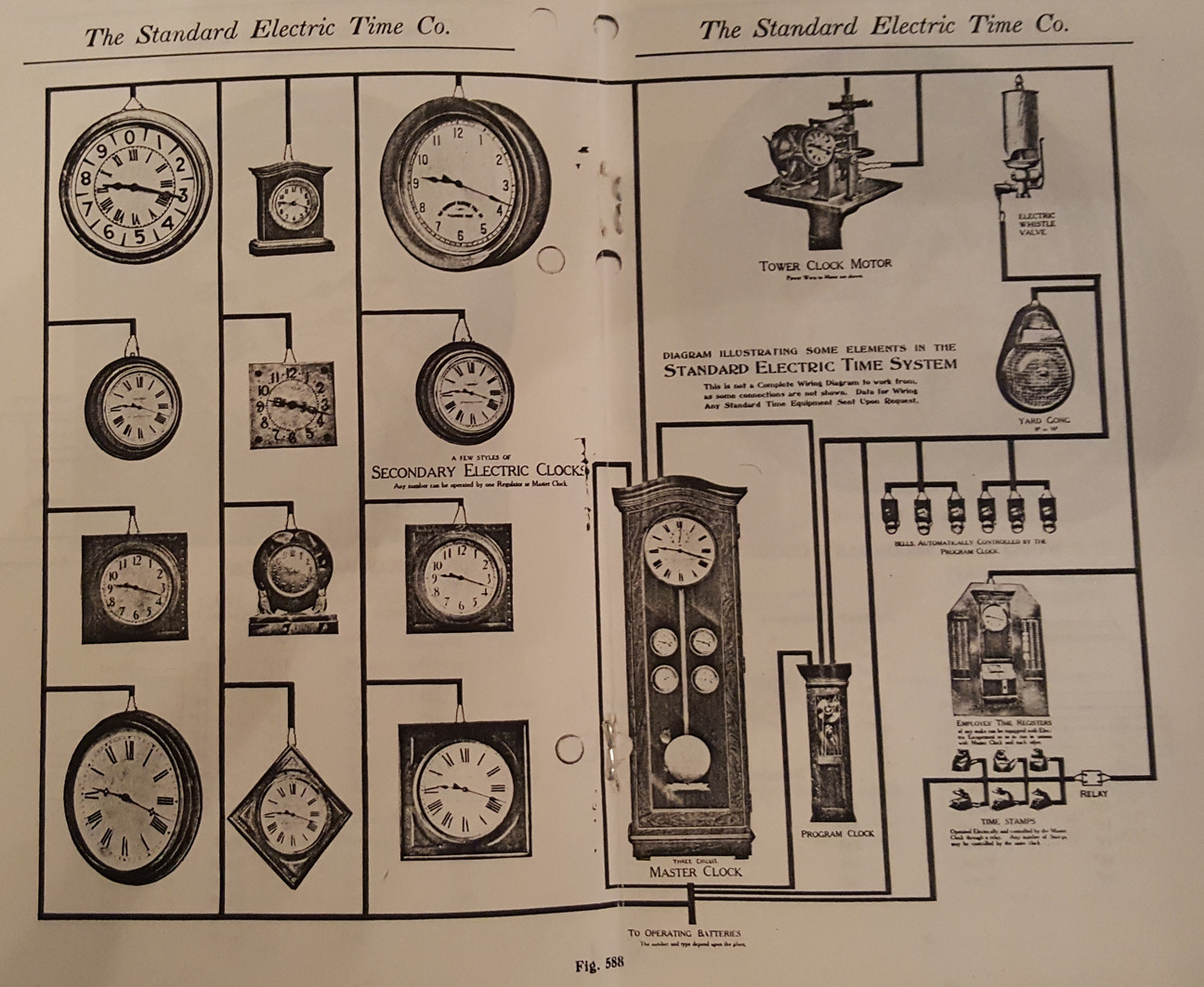Two things are crucial to sorting this out, first the meaning of the expression and second, its idiomatic as opposed to everyday usage. The Oxford English dictionary give the following:
bells and whistles n. [as on a fairground organ] colloq. attractive
additional features or trimmings, esp. in Computing.
1977 Byte July 122/2 This simple circuit..even has a few outputs
that can be used to provide user defined functions, such as enabling
external devices or turning on bells and whistles. 1983 Austral.
Personal Computer Dec. 82/3, 1-2-3 has a full complement of the
usual bells and whistles... Column widths can be varied, cells
protected, screen split in two, models split, merged and printed. 1984
Sunday Times 26 Aug. 49/1 There are more than 600 microsystems on
the market so it is hardly surprising that the manufacturers have
taken to hanging a few bells and whistles on to their machines to get
them noticed.
Rather than a fairground organ, I would think a theater organ. Thousands were made between the late nineteenth century and the onset of the talkies, and one of their features was the so-called toy counter, which featured bells, whistles, and other added on, non-essential but valued sounds. This actually fits with the definition of the idiom.
If the idiom were to be drawn from everyday usage, where bells and whistles were a common element of factories, locomotives, and steamships among other things, then the "bells and whistles" were crucial safety or signalling devices integral to what the thing did, whether it was a factory whistle used to control workers or a locomotive whistle used as a warning. These bells and whistles were not extraneous at all, and thus probably not the source of the expression.
The n-grams need to be drilled down into to tell this story. An n-gram search on Whistles and bells as well as bells and whistles can be used to sort out the idiomatic from the everyday. The geeks don't get the original though. I found a usage from the 1950s by a tractor-trailer driver, indicating that the expression was popular orally long before it became popular in print.
It can also be found in the seventies in audio equipment marketing, military, and business use besides the home computer users and hackers. A search for bells and whistles using google's custom dates set for the 1970s (leaving out unix default date of 1/1/1970 gets rid of most but not all the false positives) will turn up a bunch of idiomatic uses in various fields, as will drilling down to the actual texts in the n-grams. I'd put in the link but I only get two!
I think the theater org makes the most sense, but I don't have hard proof. The data do point toward a more complex answer than "hackers" though. Maybe if I pulled out all the stops...(another theater organ idiom).


